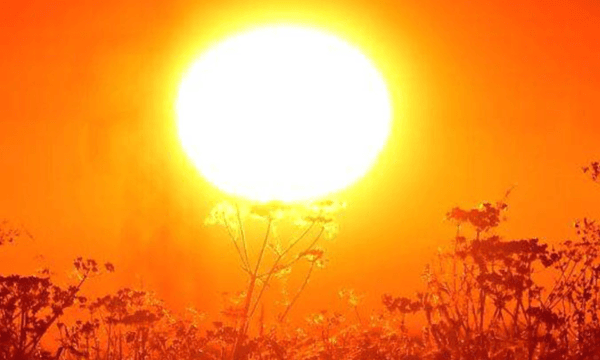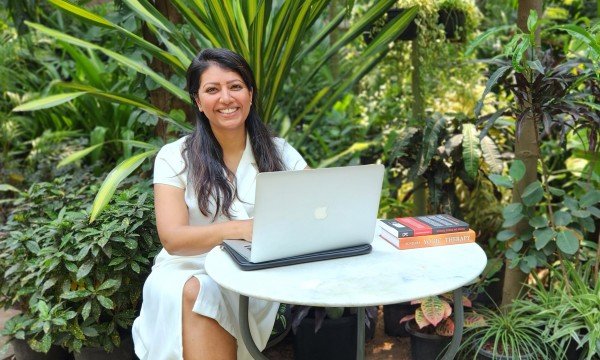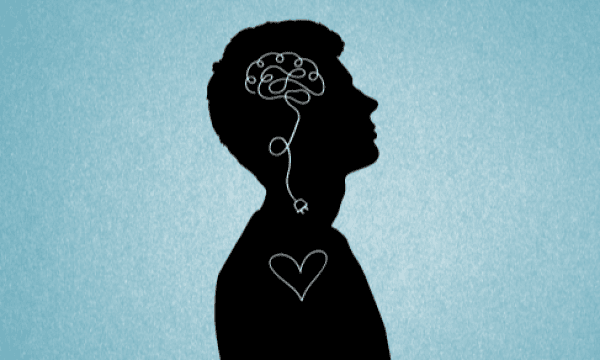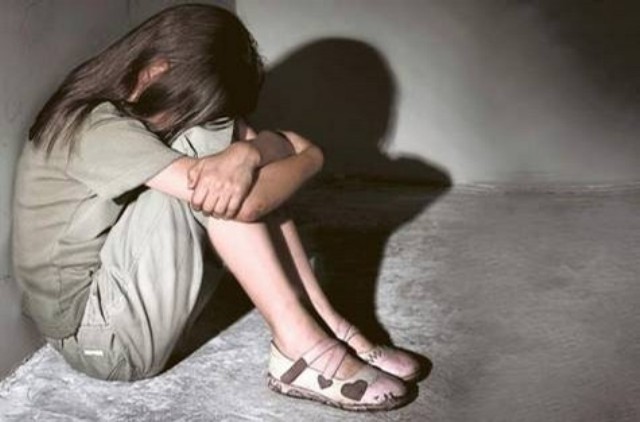
All I remember was fear, mistrust and the belief that all that was happening was my fault. I didn’t know who to turn to. The one person whom I believed would protect me had turned her back on me. I was left feeling vulnerable, exposed, and betrayed.
From the age of 4 up to my mid-teens, I faced sexual abuse from a male cousin. This was the very person whom my mom had raised lovingly as her own son and the one person whom, as an only child, I had considered my “brother.” Yet when he was alone with me he would abuse me. And he would whisper in my ear about how much he loved me.
I would feel sick and dirty, consumed with self-loathing and believing that I was responsible, that I was a slut. I started to equate love with sex. I grew up hating men, a hate that brought forth so much anger not only at myself and my cousin, but at my mother for not believing me. A hate that eventually manifested towards every man I came into contact with. The sad part was he was not my only abuser.
There were so many times that I had wanted to die not because I didn’t want to live, but because I couldn’t deal with the darkness that kept growing inside of me. It left me isolated, angry, depressed and suicidal. I just didn’t know what to do.
My story is not an isolated one. There are many others like me who have endured child abuse, either from their fathers, brothers, cousins, uncles, grandfathers, or even teachers. In most instances, the abuser is known to the child and is in a position of trust and responsibility. And as much as it is very real and it does happen, it is taboo to discuss this in our community.
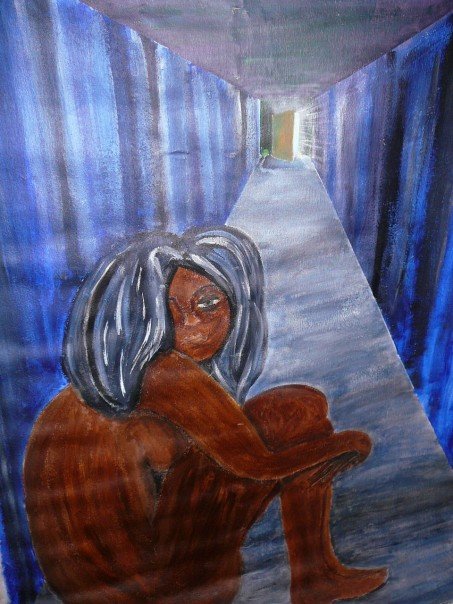
According to the 2007 National Study on Child Abuse covering 13 states in India,
as many as 53% of children encounter sexual abuse. However, sexual abuse often goes unreported as children and young people are too ashamed or too afraid to speak out. Children who’ve endured abuse fear reprisal from family members and friends. This fear leaves victims blind to the help they can receive because they don’t know who to reach out to, where to turn, who will support them, or whether their “shame” will be revealed to the rest of the world if they choose to come forward.
Child sexual abuse is murder. It is a slow painful death that destroys the person the child could have become. It strips them of their innocence and takes away their chance at developing healthy, positive, and fulfilling relationships. It undermines the child’s confidence and their ability to trust others, and leaves them extremely vulnerable to further abuse in later years. If there is no hand willing to reach out and help, they are left suffocating, sucked into a dark pit of desolation and despair.
As a young Tamil-Canadian woman who has endured child sexual abuse, I want to tell you that it does happen in our community. It is a taboo subject that is never brought forth or discussed due to shame, dishonour and even blame on the part of the victim. And the worst part is that if it goes unacknowledged and unreported, it is the victim who must suffer the shame, not the abuser.
We must pull ourselves out of this idealistic notion that it doesn’t happen in our culture. It is something that we must work collectively to address and resolve. I am a testament to this, and there are other Tamil women and men like me who also attest to this.
And although I’ve used the word victim earlier in this article, there is one thing that we must acknowledge. We are not victims, we are survivors. To endure years of sexual abuse, to suffer through the darkness and find the willingness and courage to want to live another day while consumed by shame, a broken spirit and broken self-esteem requires a strength and resolve that few will understand.
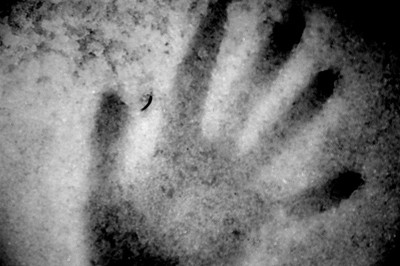
Though it took me nine years, I learned the power of forgiveness. To forgive those who not only abused me, but to forgive those around me who could have done something to stop it but through denial chose not to. Through forgiveness, I’ve learned to get my power back, to find the stepping stone to my healing, and to gain confidence in the person I’ve become.
Through opening up, I’ve found the support I needed to cope with my dark days. I found strength in my friends who never failed to be there for me and lent their arms to hold me while I cried. I found strength in other women who went through similar situations to mine. I found the ears to listen and provide what I needed to continue for another day by connecting with these women and organizations.
I’m not asking you to read this and feel pity. I am not asking you to say that I must have sinned in my previous life so this experience is my punishment, as some others have. This experience has defined me and refined me and strengthened me. It has given me courage, compassion and a sense of humanity. It is through my own experience with abuse that I can find empathy and be a source of support to the women who’ve shared similar experiences with me.
My purpose in writing this piece is for our community to realize that child abuse does happen. It is to plant the seeds of realization for our families and friends that this is a serious issue. Shame is not supposed to be placed on the survivor of abuse but on the abuser. It is not karma or the sins of a past life that allows this experience to happen. Rather, it is the unwillingness of our community to acknowledge that things like this happen and to put a stop to it. For it is only when we start to change our mindset collectively as a community that healing can occur.
- Survivor Anonymous
For support and counselling please contact:
Toronto Rape Crisis Centre:
General line: (416) 597-1171
24/7 Crisis line: (416) 597-8808
Barbra Schlifer Clinic: (416) 323-9149







